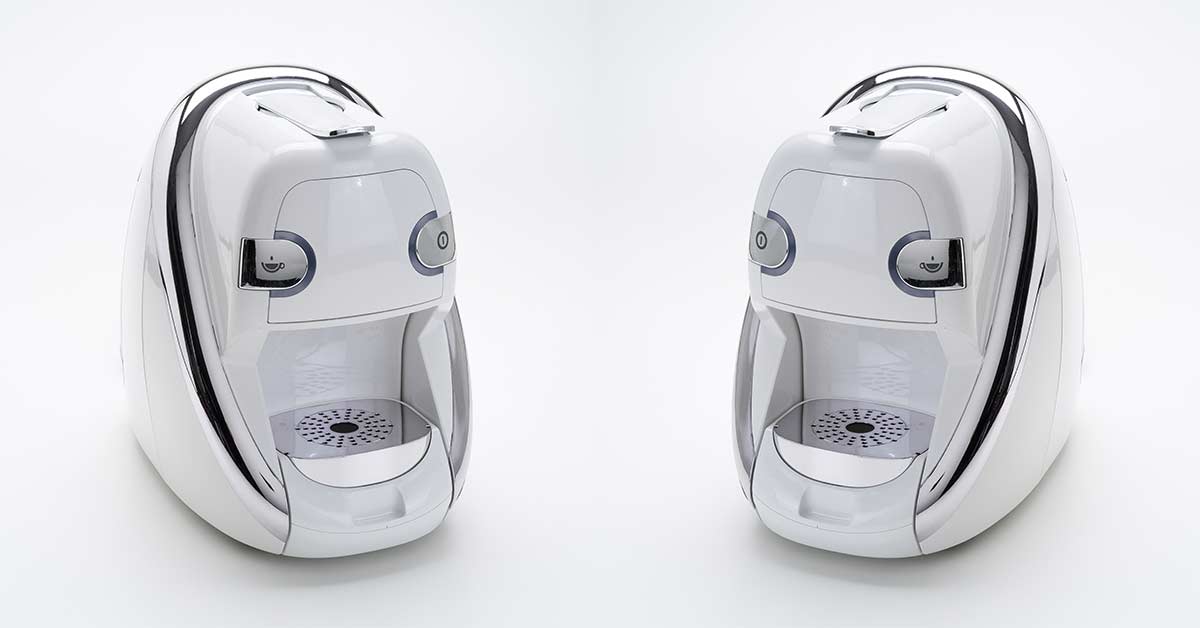
Plastic has for some time been the material of choice for manufacturing coffee machines, whether home or professional machines, including vending machines for hotels, restaurants and other catering businesses.
The fields of use, however, are becoming increasingly challenging, as are the demands the materials need to meet. In fact, we are no longer talking about just the aesthetics of plastic for structures and coverings, but about highly engineered compounds that can stand up to major mechanical stress, at temperatures in excess of 100°C, and under constant chemical attack by steam and the coffee itself.
The LATIGLOSS family grades are made by reinforcing PA66 or PPA with up to 60% glass fibres, and have been designed to meet the many demands of this industrial sector, always in perfect compliance with the international standards that govern food and drinking water, i.e. NSF, ACS, KTW and WRAS standards.
The Coffee machines division of the Tecnoplastica Group (http://www.tpvcoffee.com/espresso-coffee-machines/) has chosen LATIGLOSS 57 G/50 to produce the infusion unit for the entire range of its espresso capsule coffee machines.
During the infusion process, water passes through the coffee powder at a temperature of about 90°C and at a pressure of almost 20 bar. The temperature and mechanical stress impact the entire structure that naturally has to remain reliable over time.
The PPA by LATIGLOSS 57 is the ideal choice for the temperature and contact with hot water and coffee, the high glass fibre content allows the material to resists creep and mechanical stress without shrinkage, that could lead to breakage or loss of liquid or pressure.
The manufacture of such critical thermoplastic compound elements has required numerous verifications to be done, starting in the design stage. All the parts of the infuser must not only be mechanically reliable, but also precise in terms of size, to protect the seal, and protect against leaks and rapid wear in moving parts and seals.
The moulding process was therefore simulated in order to validate the geometry of the mould and the transformation parameters.
At the same time, the size and geometry of the infuser were the subject of FEM calculations that confirmed the design of the final version.
Excellent design, choice of ideal materials, a clear and innovative vision of the industry: these are the elements of the Tecnoplastica Group’s winning approach.